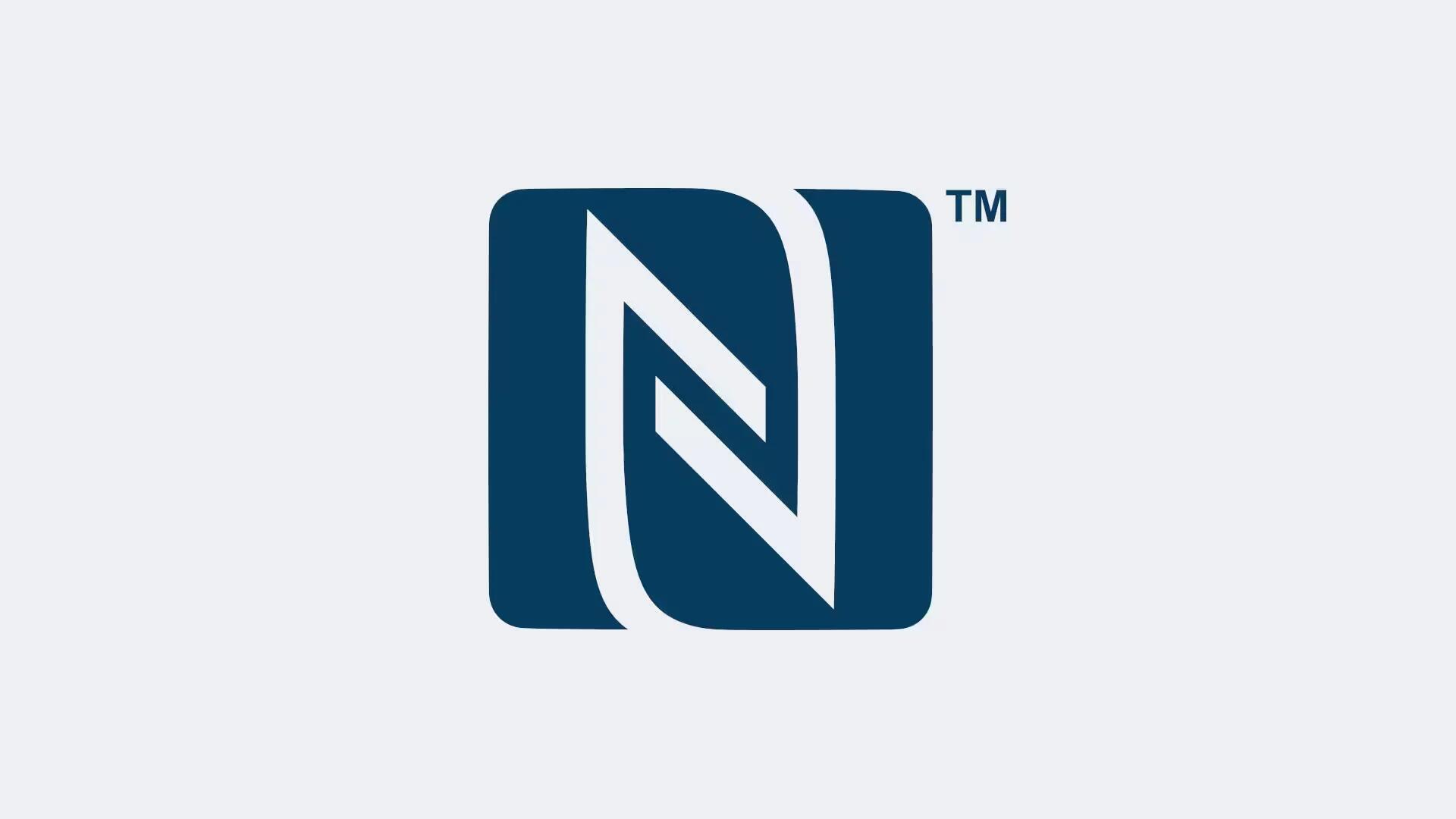The NFC Forum announced this week that it has approved Wireless Charging Specification (WLC) that enables limited support for wireless charging at a slow rate of 1W max. While the charging rate is low, smaller devices like smartwatches or wireless earbuds could benefit from this.
The goal is not to make WLC a standard charging protocol that will replace Qi. Instead, it has been developed as a secondary charging method to juice up the battery of NFC-enabled wearables on the go by using power from a smartphone. Think of it as a reverse wireless charging feature that depends on NFC, rather than the Qi standard.
The NFC Forum’s Wireless Charging Technical Specification allows for wireless charging of small battery-powered devices like those found in many of the estimated 36 billion IoT devices in use today. NFC wireless charging is truly transformative because it changes the way we design and interact with small, battery-powered devices as the elimination of plugs and cords enables the creation of smaller, hermetically-sealed devices.
The WLC allows both the communication and charging to be handled by a single NFC antenna. This can lower the barrier for devices to take advantage of this solution due to the less cost of additional parts, assuming NFC is being added anyways, as well as freeing up space within already small electronics.
Hardware requirements for WLC have not been mentioned, but we can presume that WLC requires newer NFC chips and the feature will not simply arrive as a firmware update to your phones. Moreover, it will still take time for hardware companies to implement the new charging tech, assuming they decide to use it at all.
